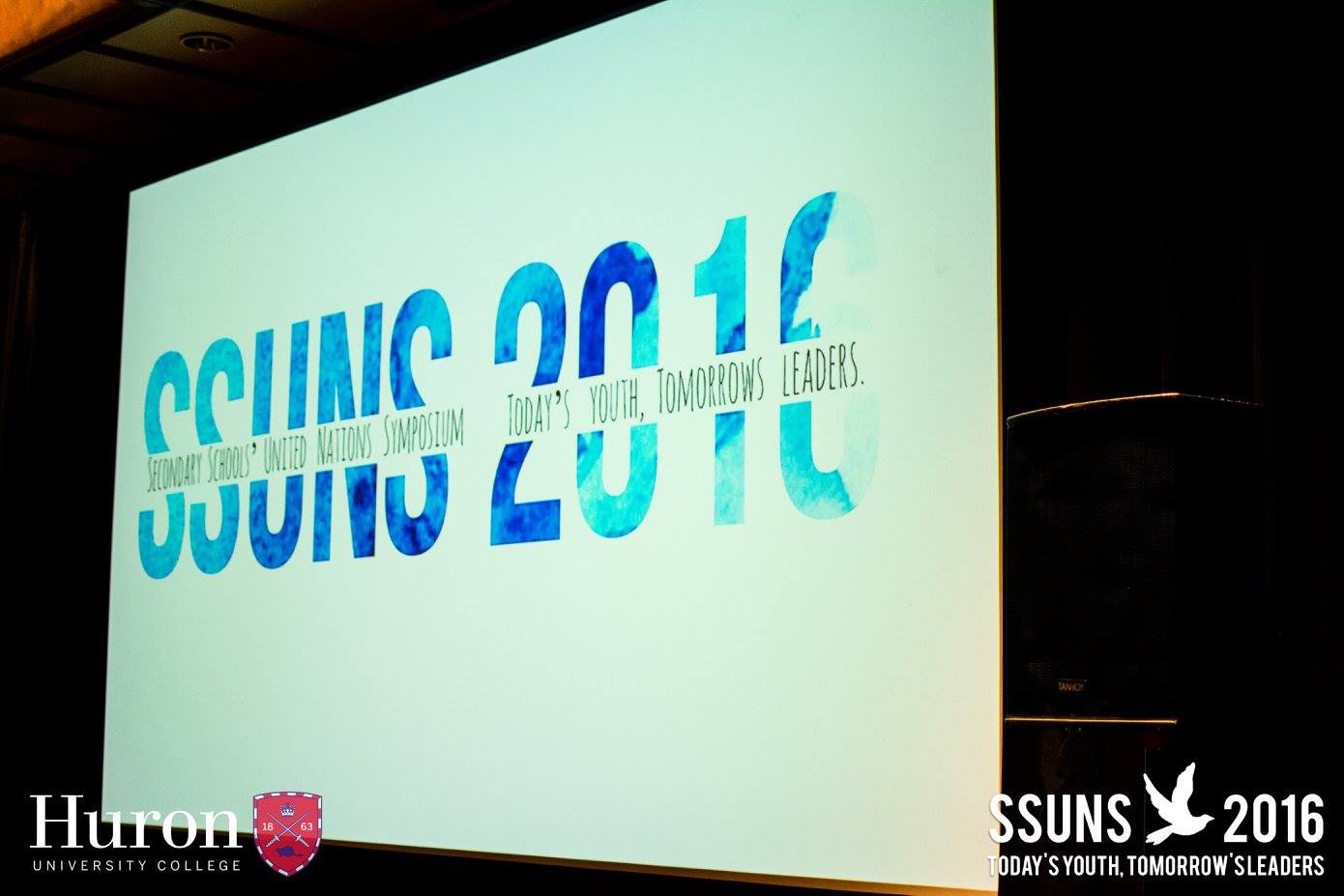SSUNS 2016 Conferences: Commission on the Status of Women
 The Women's committee discussed issues surrounding women's education in developing countries in depth.
The Women's committee discussed issues surrounding women's education in developing countries in depth.
With this year’s theme of education, it has been extremely refreshing to see that the delegates are taking a great amount of pride in educating themselves on world issues, taking advantage of the many different backgrounds and viewpoints brought to the table at SSUNS. I sat in on the women’s committee, where the focus has been on not only improving equality where women’s rights to education are concerned, but on pinpointing the systemic issues of many developing countries that affect education for women and how that affects women in the workplace.
The delegates in the women’s committee first identified that often constitutionally women’s rights to education are not the issue, and many proclaim equal rights in both education and the workplace. Unfortunately, this is more of a systemic issue that worsens with a country’s inability to provide resources and initiatives to specifically support women’s education, making it hard for developing countries, in particular, to enforce equality. Therefore, developed countries must recognize this disparity and provide aid in the form of funding and resolutions that specifically target women in the education sector.
The specific barriers that women face in receiving relevant education, and the ways in which governmental systems are failing to provide such education, were both recurring themes in the women’s conference.
One resolution aimed to provide education more pertinent to the economy in a given country. Much of the struggle of women’s education in developing countries is that there is not much funding to specifically target women in providing education like this. Discussed in the resolutions was to provide more funding in developing countries to specifically provide women with education in male-dominated fields, such as science. In addition to being directly relevant in many countries in terms of specific economy structures, like those in agriculture and resource driven countries, this will attempt to help break the glass ceiling by getting more women involved more deeply in the economy.
The complexity of enforcing such a resolution while also respecting the diversity of each nation, especially in relation to varying religion and belief systems, was discussed at length. “Ultimately, I’ve learned it’s all about collaboration, and understanding each other’s problems completely in order to build a solution for tomorrow. When we have a more multi-dimensional understanding of each country’s issues, we can move forward with a multi-dimensional solution,” said Emma Hebert, the delegate for the Republic of Congo.
At the end of the day, the delegates were very much aware of the fact that resolutions are not legally binding, and therefore mandating that developed countries provide more funding and resources to target more specific education would be extremely hard to enforce. However, what most delegates seemed to take away from the debate was the need for more information and the development of a thorough understanding of complex issues and the contexts they exist in before effective resolutions can even begin to be composed.
